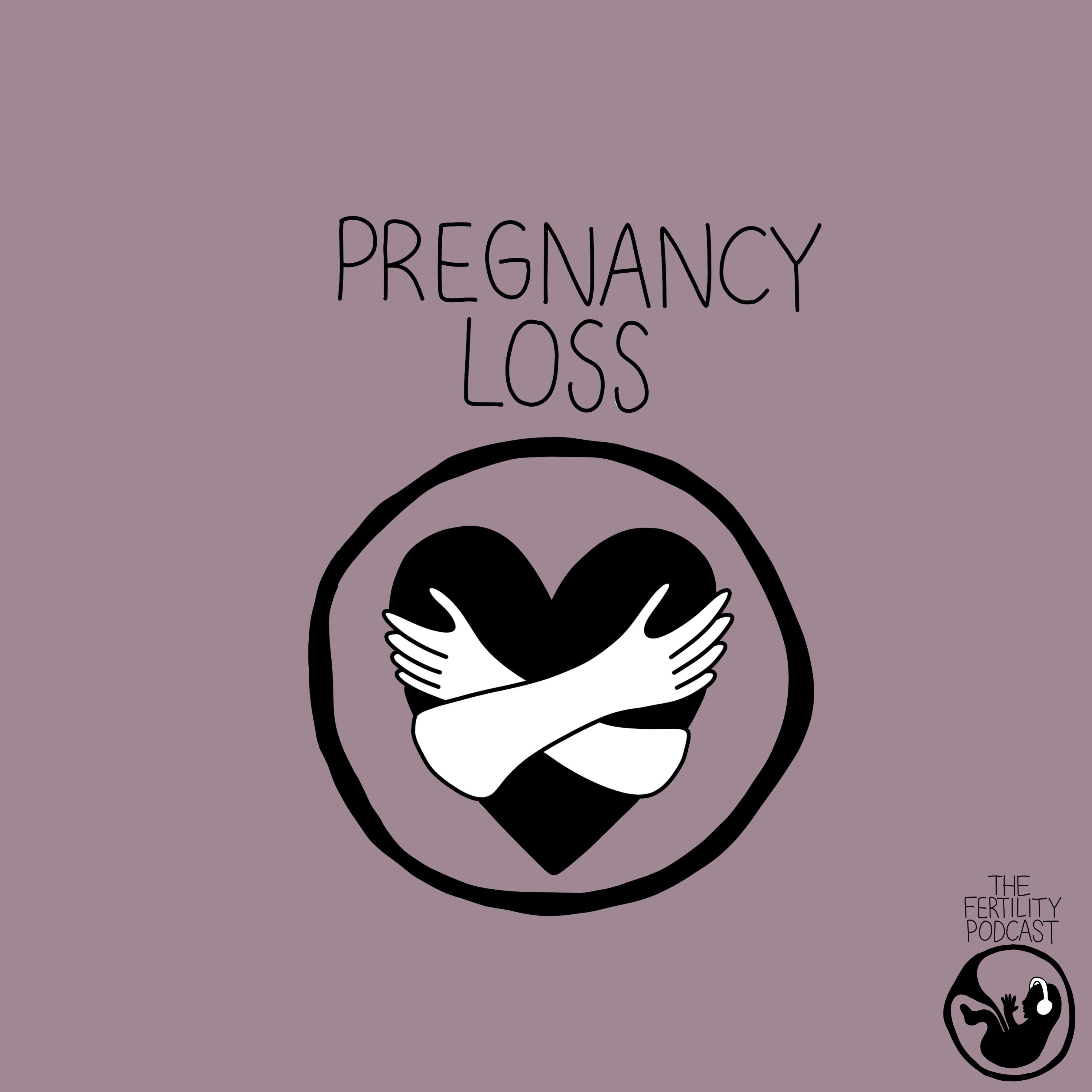How do I talk about miscarriage?
It's a difficult conversation but we need to talk about miscarriage
Meet Julia Bueno, a psychotherapist who has written a new book about miscarriage. Julia wants to change the way we talk about it, following her own devastating losses and then working with women who've been through it.
Julia and I have spoken before about her work and I was really looking forward to talking about her book, which is the culmination of an incredible amount of work looking at perceptions, history, and our narrative of miscarriage. Julia covers early, late, and recurrent and the impacts on our lives and highlights how whilst things have improved we still have a long way to go.
The Brink of Being
Julia's book reveals her own tragic loss of twins and how the loss has changed her life. Julia explains how our narrative is focused on the idea that a bond with a child can only begin after a living baby is born and talks about the Korean idea of Taeygo which is that life begins at conception.
We also discussed the language used around miscarriage when it’s early or a second pregnancy after a successful birth. Other people's comments such as 'At least you can get pregnant' or 'At least you have a child' and how books you read during pregnancy - don’t prepare you
Numbers
To put things into perspective, the book discusses how approximately 137,000 women every year experience pain and bleeding and go for medical treatment, with early loss figures being around 50,00 - however they’re the ones we know as there’s no official record for any baby lost before 24 weeks
One example is Lucy who we learn about dealing with a miscarriage at home, with no idea what to do or how to mourn the passing. Julia shares the story of Nico a YouTuber with 1/2 million views - showing an 8 1/2 week old baby she has lost.
We discuss feelings of guilt and shame and how most miscarriages arent’ investigated. How it can impact your work, cause anxiety, the effects on men

